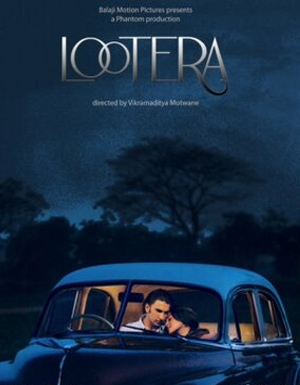 This post has nothing to do with cinema. It is an indulgence purely into myself, if my others posts are not sufficiently self-indulgent. But the occasion is such that I would rather want to share it with the world here. I had the choice of not doing this. But I decided otherwise.
This post has nothing to do with cinema. It is an indulgence purely into myself, if my others posts are not sufficiently self-indulgent. But the occasion is such that I would rather want to share it with the world here. I had the choice of not doing this. But I decided otherwise.July end. 2003. I had joined Armed Forces Medical College, Pune as a Medical Cadet. And on the day I took my train from home, with my Mamaji, to reach Pune, I started writing diary entries. It was a tough time for me and I felt like recording the events happening in my life. Once, several years ago when I was 11 and had just joined my boarding school, I had tried this. And had given up in a few weeks. This time, I was not sure whether I would be able to persist with this habit. The real test was the during the first few weeks in college. The 'orientation' by seniors was so strenuous and exhausting that by the time our floors were shut and the seniors left, which was around 10.30 every night, all of us Freshers just wanted to crash on bed. But despite that terrible desire to just go to sleep, and replenish ourselves to face fresh assault the very next morning, I made it a point to write the diary entry for the day. As a result, I have my entire Freshers' Term recorded in my diary, day by day, event by event.
What started then, has not stopped until today. This July I complete a decade of recording my every day on a single page. Do you understand what it means? It has a record of everything that has happened to me in the last ten years - my entire life at Medical College - the day I felt nauseous in the Operation Theatre to the day when eventually I 'washed' and assisted in a surgery, all the joys I experienced with my friends, all my trips, all my vacations, all the relationships I've had with women, including my first love, all my dreams and fantasies, all the moments of loss, including losing both my Grandfathers, my first attempts at making films, my entire journey as a poet, my coming to Mumbai and the life since, my experience with 'Udaan' and all other projects, my experience as a screenwriter trying to learn the craft, my experience as a teacher trying to introduce cinema to young minds, and most importantly - my entire discovery of the best of cinema - great Hindi and American movies, and all the hundreds of films I discovered from different languages and cultures. If the value of someone's life could be measured by his memories and experiences, I have all of it recorded, day by day. For a person who is not very intuitive and imaginative but still wants to live the life of a creative professional, like me, it is always important to dwell into the memories of his own past so as to feel the emotions and experience the moments that are there in the database of the days he has lived. Here are a couple of lines from a poem of mine I had written nine years ago. It is today that I realise how significant these lines are:
पलटते पन्ने पलों के पर पकड़ पाए नहीं पर
डायरी में समाई है हर ख़ुशी, हर ग़म गया है…
However, the biggest gain for me from this exercise of persistence has been this. Every day, when I write my diary entry, I think of what I achieved or learnt or experienced in those 24 hours. As a result, my way of life, consciously and sub-consciously, has become obsessed with the importance of the day I have in my hands, my present, my today. This not only helps me discipline myself, it makes me a happy man. I literally understand and believe and practice the fact that each day is a new beginning. Of course, it feels mighty strange to think that it has been ten years since I started doing this. Of course, I don't want this to end. And of course, I don't know what will happen to these diaries when I am gone, when I am no more. But who cares for what will happen once it's all over, when I am getting to immortalise all that is happening today, now? Today's diary entry will also have a mention of this blog post. See, how cool this is!



